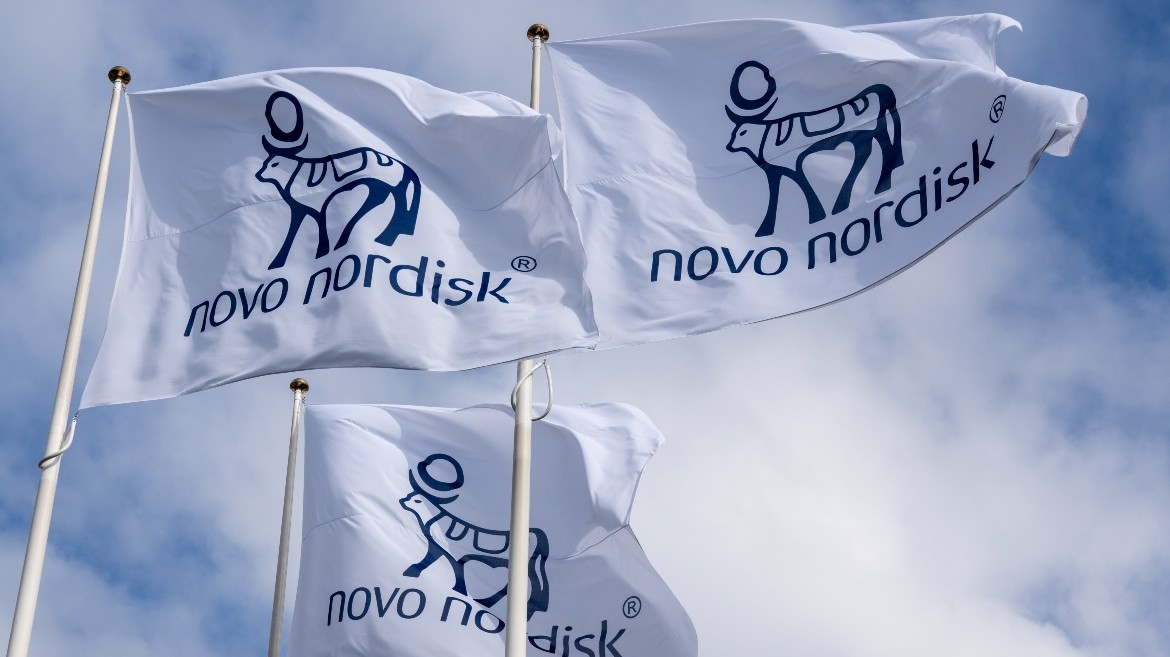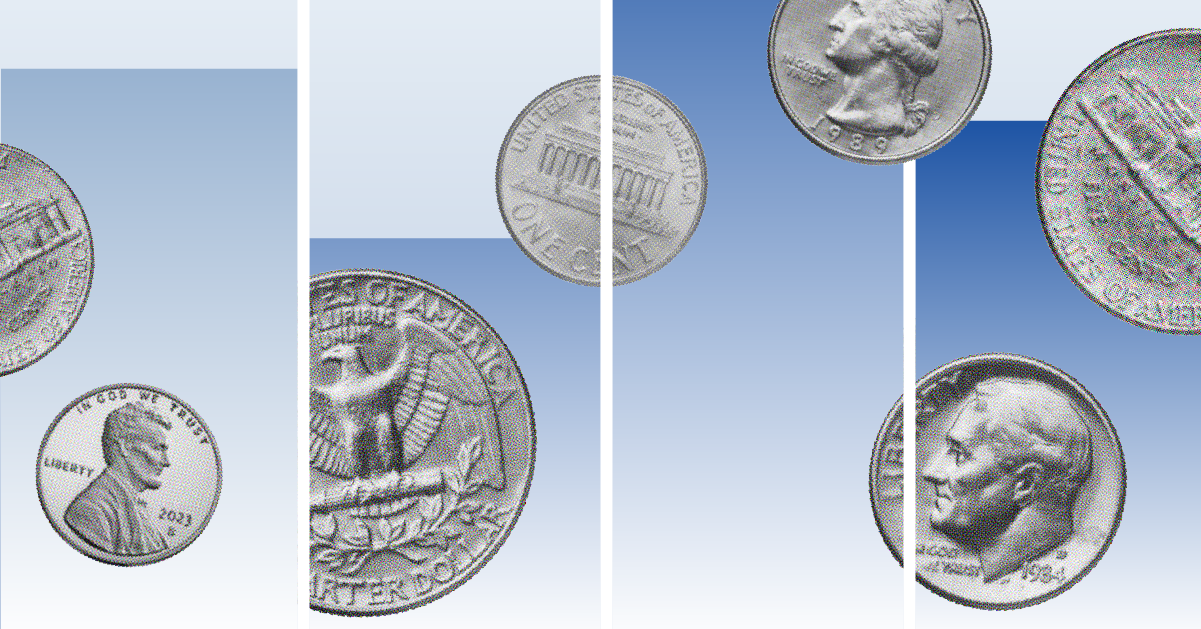Russia has enacted economic sanctions that will ban U.S. and European agricultural and dairy imports, with additional discussion around enacting a sugary-drink tax or limiting production of soft drinks in the country in an effort to punish U.S. companies such as Coca-Cola and PepsiCo.
The region's geopolitical situation has already negatively impacted beverage volume – Coke bottling partner Coca-Cola Hellenic reduced its near-term volume outlook on August 7 primarily because of Russia, for instance, but we don't plan to make any changes to our fair value estimates for the manufacturers at this point. We also don't anticipate that these challenges will harm the companies' long-term brand- driven and distribution-driven competitive advantages or our wide moat ratings.
While the situation remains uncertain, several factors beyond the headlines mitigate the overall negative impact to Coke and Pepsi, in our opinion. For Coca-Cola, we believe the magnitude to the overall company is small – we estimate Russia represents only about 1%-2% of the firm's global case volume.
Although Coke has seen solid gains in the region over the past several years, and has plans for sizable investment going forward, we don't think a sudden change in this business will significantly dent our long-term growth forecast for the entire firm.
PepsiCo garners a larger portion of revenue from Russia than Coke – about 7.4% of net sales including snacks in 2013, the firm's largest exposure outside the United States. Nonetheless, more than half of the company's beverage volume stems from non-soda products like juice and dairy largely a result of the 2011 acquisition of Russian company WBD, and operating margins in the region trail the company average, mitigating the effect on Pepsi's bottom line.
Although we are not altering our near-term operating forecasts at present, we estimate potential changes to our fair value estimate would be limited to $1 or $2 per share in a more pessimistic scenario.






























